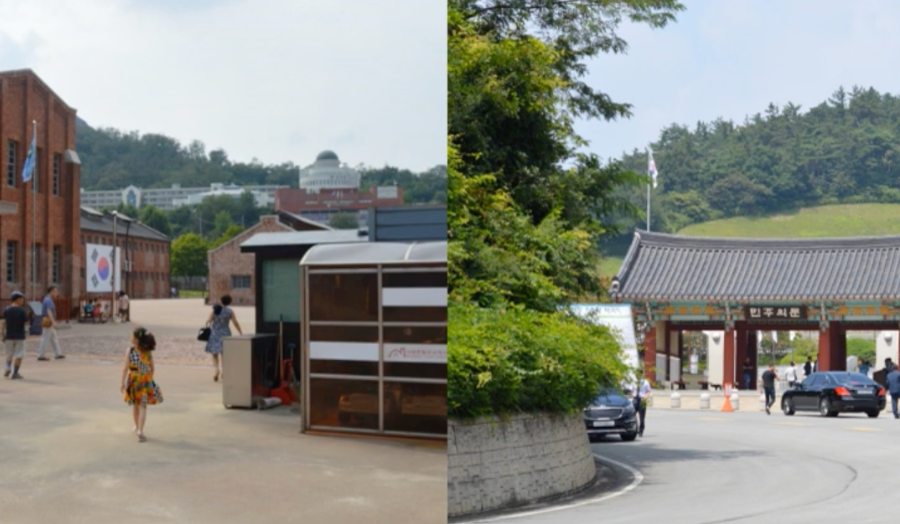8 November 2023
Distinct academic disciplines have begun to explore the varied forms of memorialising acts of atrocity. Despite divergent themes, emerging debates around the interplay of aesthetics, politics, and the ethics of representation have provided space for interdisciplinary discussions on the role of memorialisation in reconciliation, especially in cases where the interpretations of past events are contested. In reference to these discussions, this paper develops a victimology that draws out the significance of making violent historic injustices and the resulting effects of trauma both accessible and meaningful to contemporary 'witnesses'.
The paper is based on recent research in South Korea on the memorialisation of victims from the period of authoritarian violence and its relationship to dark tourism activities. Focus falls here on the function of the image in memorial environments as both a form of symbolic testimony and the generator of ‘empathic vision’.
However, as this paper argues, the idea of ‘the image’ cannot be considered solely as a product of a given medium such as photography but also as the vehicle for the viewer’s own imaginings and personal perceptions. This blurring of the impersonal and subjective ‘image’ is then addressed through the concept of the ‘uncanny’ as a means of exploring cultural practices of victimhood and the translation of cultures of memory. More generally, the paper poses the question of what precisely it is that memorialisation aims to achieve?
Dr Robin West is a senior lecturer in sociology. His research addresses questions of cultural memory and contested representations as they shape ‘meaning-filled’ social relationships and the normative dimensions of everyday life. Recent work has explored the precarious interactions between an Italian mining community and corporate interests (with Isabel Crowhurst, forthcoming December 2023). He is currently focusing on a BA/Leverhulme-funded project investigating the affective processes and performance of collective memory related to the intersections of historic state violence, post-authoritarian reparation, dark tourism, and the afterlife of victimisation in South Korea.

Photo credit: Dr Robin West.
Please contact the Research and Postgraduate Office if you have any questions about this or any of our other events.
To receive notifications of future events, please follow the Research and Postgraduate Office on Eventbrite.
